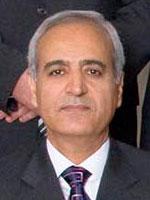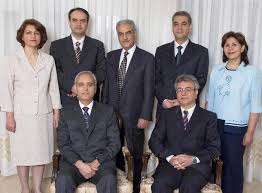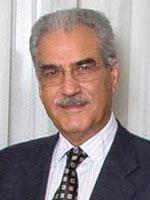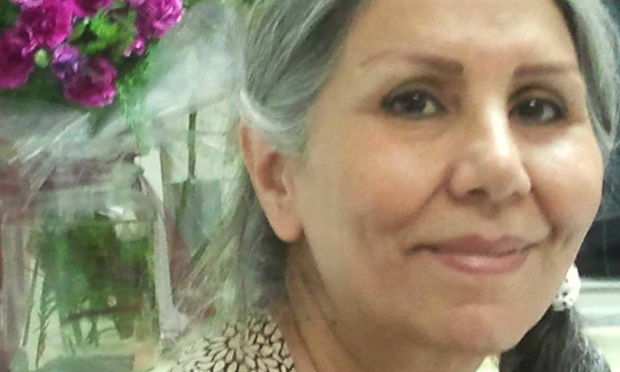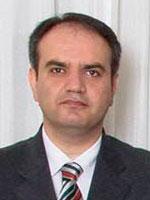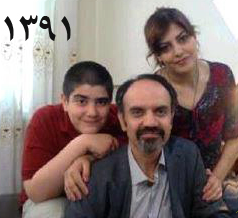I’ve gotten distracted, just like the world has. For a week last May, considerable global attention — at least, within the bubble of those with the willingness (or the freedom) to look up from their routine concerns — was paid to remembrance and advocacy for seven leaders of the Baha’i community of Iran. Wanting to join the movement, I had to get to know Behrouz Tavakkoli, so I wrote about him.
Behrouz is another man who is widely known and loved — and was taken from — among the Iranian Baha’is, one of the seven who were then entering an eighth year of unjust imprisonment in two Iranian jails. He and his partners in “crime” were the focus for the international #7Bahais7Years campaign, and now that it’s seven-and-a-HALF years, here I go again. I hoped, back then, that my seven personal essays (this was the sixth) could be of some use in the worldwide protest, and maybe they moved somebody besides me, but the seven still grow old in prison. They are sacrificial lions, bravely enduring pariah status in a country that needs their kind more than it knows. So in case you missed, or would like to remember, my May series on the Quietly Magnificent Seven, prisoners of conscience in Iran for 7.5-years-and-counting, here was Issue No. 6…
I’ve been reading about Behrouz Tavakkoli. (I’ve known some “Persian versions” named Behrouz. They usually had to defer to the impervious pronunciation of Canadian-born friends and accept ‘Bruce’. Too bad, but Iranians have put up with worse. Declaration: I’ve never had a bad experience with a Behrouz.)
My favourite Bruce, singer/songwriter Cockburn, startled those familiar with his gorgeous acoustic guitar-picking and gentle, Christian-flavoured and granola-fed singing. It was the 1980s. As he became more aware of global poverty and the systematic injustice of so-called “first world” nations, songs like “They Call it Democracy” were wildly angry for a peace-loving Canuck. The most shocking one, of course, and likely the one that put him on an American blacklist for a time, was “(If I Had a) Rocket Launcher”. He wanted to “make somebody pay” for the terrible suffering he saw in Central and South American countries, which were ‘collateral damage’ during that ever-more–ridiculous global struggle (allegedly) between communism and democracy. (Remember the Cold War? Is it even over? Where and how is it being fought now? These are uncomfortable questions. Feel free to ignore them; most do.)
I have nothing so dramatic to say; nobody will pay. However, I read Mr. Tavakkoli’s story, and there’s no doubt: that’s anger rising up into my chest.

